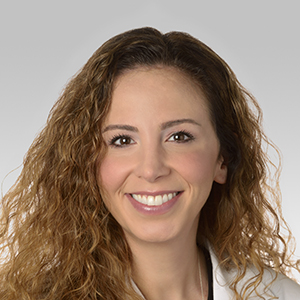Quick Dose: What Causes Adult Acne?
Acne is a common skin problem for people in their 20s and 30s. If you dealt with acne as a teen, you might be prone to it again as an adult. It’s even possible to develop acne for the first time later in life.
Stress is one of the biggest causes of adult acne. When you’re stressed out, your body produces more androgens, the hormone that stimulates oil glands and hair follicles in the skin.
Fluctuating hormone levels are another common cause, especially for women around their periods, during pregnancy, perimenopause, menopause and when starting (or discontinuing) birth control pills.
Environmental factors can affect your skin, too. Cold weather contributes to dryness while the summer can cause oilier skin. And the way you take care of your skin — cleansing too much or not enough — can take its toll.
There are many over-the-counter products to help control and manage adult acne. Look for the words “non comedogenic” on the products you use daily, as these products do not clog or inflame skin. Gentle cleansers, moisturizers and sunscreens are the first steps to clear skin.
If you’re struggling with acne, or want to learn how to take care of your unique type of skin, a dermatologist is a great resource.
– Lauren Taglia, MD, PhD, Dermatologist, Northwestern Medicine Regional Medical Group






